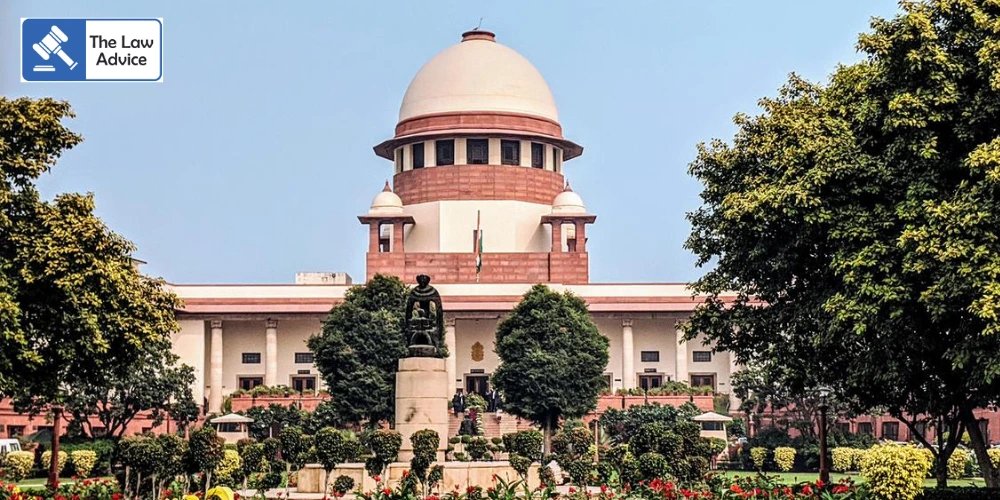
In an exceptional exercise of its extraordinary powers under Article 142 of the Constitution, the Supreme Court has set aside the conviction and sentence of a man who had been held guilty under Section 366 of the IPC and Section 6 of the Protection of Children from Sexual Offences (POCSO) Act, after noting his subsequent marriage to the victim and their stable family life.
The bench of Justice Dipankar Datta and Justice Augustine George Masih took into account that the victim — now the man’s wife — had willingly expressed her wish to live peacefully with him along with their infant child. The Tamil Nadu State Legal Services Authority (TNSLSA) also confirmed that the couple was living together happily.
Invoking a humanitarian lens, the Court directed the appellant not to desert his wife and child and to maintain them with dignity throughout their lives, warning that any violation of this condition could attract serious legal consequences.
Opening the judgment with Justice Benjamin Cardozo’s famous words — “the final cause of law is the welfare of society” — the Court observed that while criminal law reflects the collective conscience of society, it must also adapt to practical realities and compassion moderated by justice.
“Upon examining the facts, we are satisfied that the offence was not born of lust but of love,” the Court remarked.
The bench noted that continuing the conviction or imprisonment of the appellant would disrupt the family unit, cause irreparable harm to the wife and child, and serve no larger purpose of justice. The victim herself had filed an affidavit affirming her dependence on the appellant and her desire for a peaceful family life.
The Court further observed:
“Even the most serious offenders are entitled to justice tempered with compassion, where the circumstances warrant such treatment. In this case, a balanced approach combining practicality and empathy is necessary.”
Highlighting that rigid application of the law may at times defeat the ends of justice, the bench held that “this is a case where the law must yield to the cause of justice.”
Allowing the appeal, the Supreme Court discharged the appellant of all offences, subject to the condition of his lifelong maintenance and non-desertion of his wife and child. The bench, however, made it clear that this judgment was rendered in unique circumstances and “shall not be treated as a precedent.”
Notably, the Supreme Court is also currently examining the broader question of whether the age of consent under the POCSO Act should be reduced to 16 years, to prevent criminalisation of consensual adolescent relationships.
Case Title: K. Kirubakaran vs. State of Tamil Nadu
Website designed, developed and maintained by webexy